This photo essay introduces the participants of the Workshop "Methodologies for code in ethnographic research. From theory to practice", taking place digital on July 2nd and 3rd. This is a hands-on workshop. We invited ethnographers from across disciplines who encounter code in their research and are working to adapt and improve ethnographic methods and who would like to contribute to a collaborative, open discussion. Building on an ongoing collaboration that emerged from an exploratory workshop in 2020, the goal of this workshop is to further deepen the discussion and to continue to build an online working group focused on the ethnographic study of code.
Some research fields force us to look explicitly at computer code, for example, when we study coding practices, programmers or software engineers. At the same time, code is ubiquitous today, and also present in more subtle forms, as it is the ground for every digital phenomenon. Consequently, code is nothing we encounter in our research by accident or chance, but a perspective we have to include for a necessary understanding of digital practices. Thus, code is not a defined category but rather a methodological perspective that should be considered in every anthropology of the digital. With the introduction of Critical Code Studies, Software Studies, and Critical Algorithm Studies, computer code has become an integral subject of study in the humanities and social sciences. Drawing from this, we aim to develop concise methods for ethnographic research with code.
Code is part of a complex and constantly evolving system. It never exists as a single entity but is embedded in socio-material networks consisting of various human and non-human entities. Ethnography, then, is uniquely suited to its study. Theories in cultural anthropology also present fertile ground for the development of methods for ethnographers to apply in the field. Although code has drawn the attention of cultural anthropologists, and appeared as a focal point in recent digital ethnographies, the groundwork for establishing useful methodological approaches, whether through adaptation or invention, is still being laid. In this workshop we want to bring together those working in ethnography to discuss their methods, challenges and innovations in order to develop a methodological toolkit for the analysis of code that helps researchers, even those new to the study of code, to move from theory to practice.
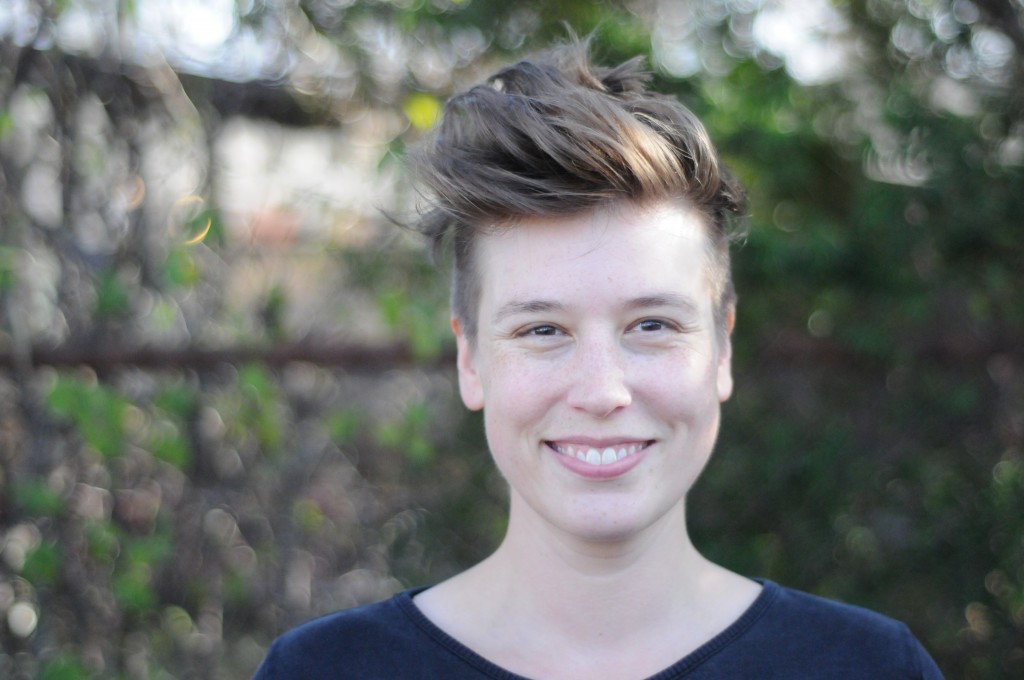
I’m an assistant professor in the Department of Sociology at Lund University in Sweden focused on culture, science, and public life. I study algorithmically generated images and digital 3D methods for the documentation, analysis, and visualization of physical places as they move between science and the law, with a focus on the ways that claims are made based on the new kinds of images that result.
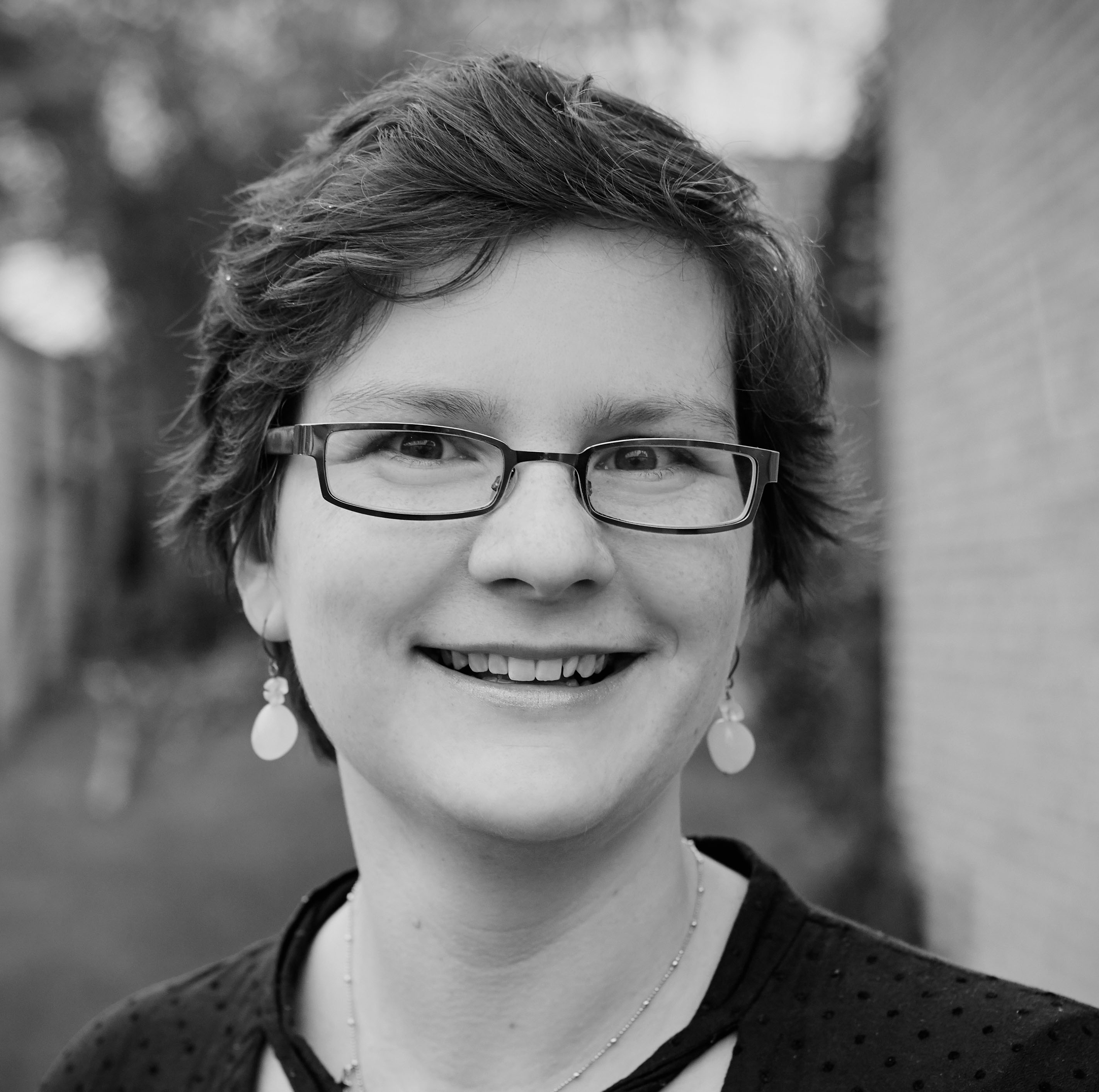
In my PhD research I approach mathematical modeling and computer simulation of human-environment relations from anthropological Science and Technology Studies as situated socio-material practice with a particular set of ontological, epistemological and ethical commitments in which models as well as modelers are agents, producing and constraining each other (cf. Haraway 1988, Barad 2012, Beck 2008). My central research question is: How are human-environment-relations understood, conceptualized and done in modeling? While modeling biophysical dynamics has made remarkable progress over the last thirty years, the modeling of human agency, social systems and processes in the context of social-ecological transformations is only just beginning. So far, I am conducting comparative ethnographic fieldwork with two research groups using modeling as their central method of inquiry, but differing in their approaches to human-environment dynamics and modeling methods. The comparative aspect of my project aims at operationalizing the notion of situated knowledge specifically in relation to models.
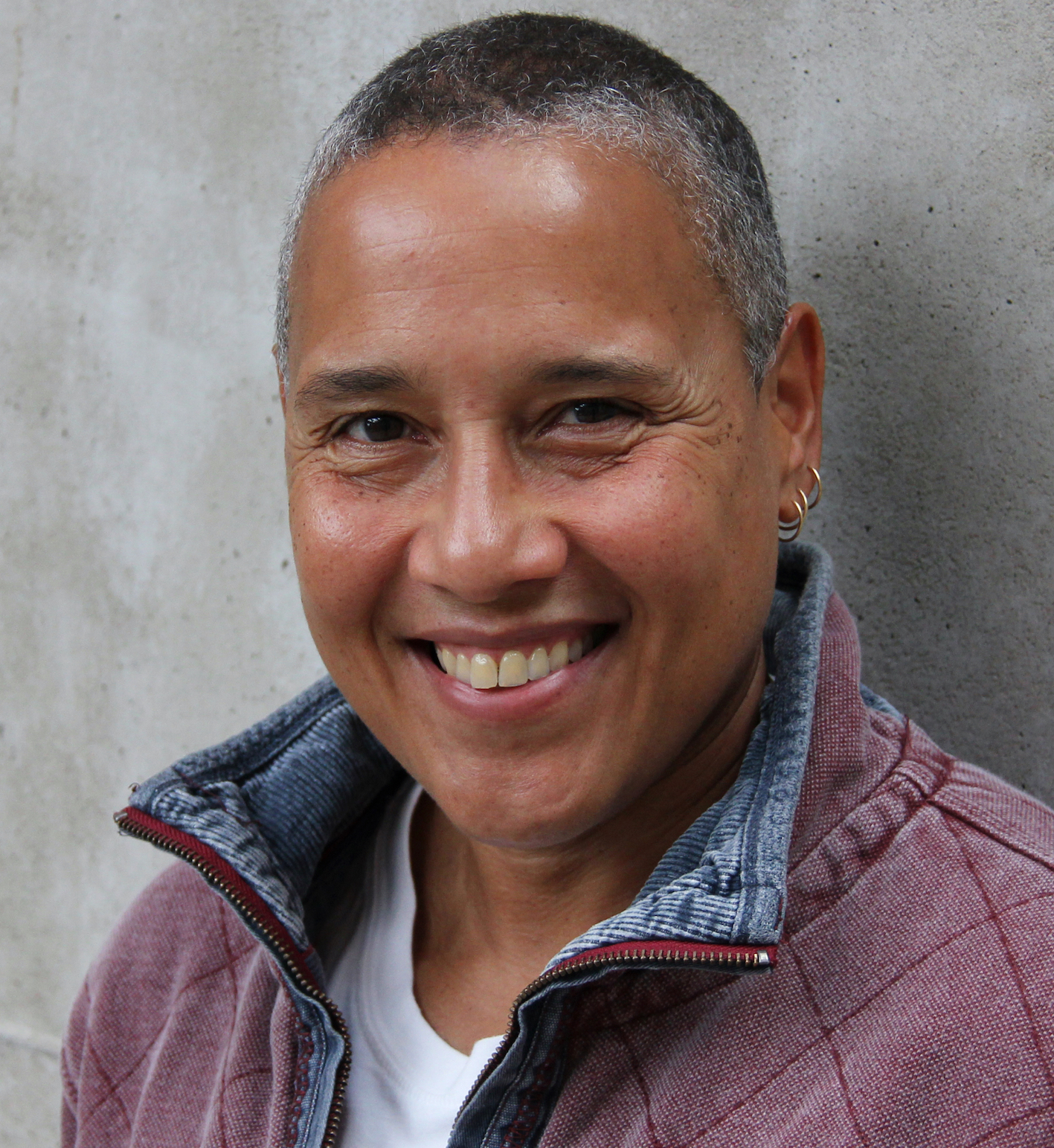
I conduct STS research on environmental computer simulation modelling using ethnographic methods.
Challenges I face in researching code ethnographically: Being able to engage more in-depth with the code created and used by the researchers whose modelling work.
Methodological (or theoretical) topics I want to discuss during the workshop: How to cope with the seemingly infinite and rapid evolution of software writing tools?
Examples from my research I would be interested in presenting and discussing during the workshop: The relative simplicity of the coding relative the sophistication of the theory and mathematics determining what the code does.
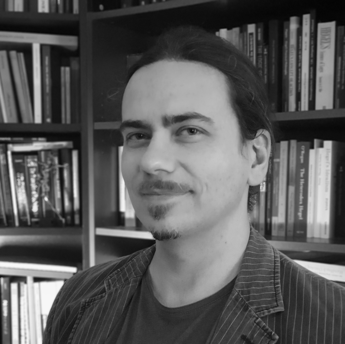
(with Dawid Kasprowicz, not in picture)
We focus on coding practices for scientific research projects. As an interdisciplinary team, we gather together scholars from philosophy of science, physics, and computer science to understand how the usage of code in science is changing the way scientists work. The main interest here is the transformation of scientific models into program code, how scientific theorems are encoded and the numerous ways in which the encoded scientific knowledge retroacts on the models. To tackle these questions, we try to analyze the multiple layers of written code (comments, class inheritances, dependencies, e.g.) through the development and usage of software-tools. Thus, our approach connects to questions from code-ethnography, philosophy of science and software engineering.
Challenges I face in researching code ethnographically: Our aim is to develop analysis tools to present scientific code in a format readable for philosophers, sociologists, ethnologists and other fields of research who do not use code in their everyday research. Regarding the vast landscape of computer languages, we need to find ways to identify meaningful structures across different syntaxes. Furthermore, the way people code can be very different: There are radically different ways to encode one and the same concept and there are multiple ways to solve a problem. Scientists are often self-taught programmers with a purely functional objective under various contexts and conventions. Therefore, we cannot rely on the code we analyse to be written in a clean way or to be well documented. Our general challenge is to provide ethnographers and other code-studying scholars with an easy-to-use-interface that helps to access the functionality and genealogy of the code without having coding experience.
Methodological (or theoretical) topics I want to discuss during the workshop: With respect to the workshop we would be happy to include a discussion oriented at one general and one more specific question. The general would be: How does the usage of code change the way researchers use and understand their models? The more specific is: What role do software-tools play in the research practices of code-ethnography? In which way would additional tools for code-analysis restrict or extend the research questions of code ethnographers? We will provide an example, conducting an analysis in real time and demonstrate the adaptability of one of our tools called GICAT (Generalized Isomorphic Code Analysing Tool).
Examples from my research I would be interested in presenting and discussing during the workshop: We are currently working with 2 different coding projects from various fields of research. They are all mainly written in Python which is in the moment one of the most popular coding languages. To better evaluate our analytics we are working closely with the responsible programmers to have feedback on our interpretations. As mentioned, we would present a short demonstration of our tool GICAT and how we conduct our analysis. The two current projects are:
Gempy (https://www.gempy.org/) which is developed at the RWTH-Aachen University by Florian Wellmann and his team in order to fit 3D geological models to a limited set of probes. Their fitting algorithm is based on a probabilistic approach enabling the geologist to evaluate different models on a small set of measurements without relying on large and expensive sets of probes.
xGaltool (https://gitlab.obspm.fr/dmaschmann/xgaltool) developed by Daniel Maschmann (before at RWTH Aachen University now at Paris Observatory), is a python based tool kit with the main objective to provide an easy data access to extra galactic surveys. It provides data handling and basic analysis tools for galaxy observations ranging over multiple wavelengths. Beside fast access to already published works and associated data bases it also provides standard analysis and visualisation tools.

DeepFace software provides face recognition, face detection, eye position, nose position, mouth position, and gender classification with Phyton. DeepFace is created by Facebook and licensed under the MIT License.The used method in this software reaches an accuracy of 97.35% on the LabeledFaces in the Wild (LFW) dataset, reducing the error of the current state of the art by more than 27%, closely approaching human-level performance (Taigman, Yang & Wolf; 2014). It is trained on a large dataset of faces acquired from a population vastly different through using deep learning (DL) methods. I am working to understand the algorithmic oppression within this code.
Challenges I face in researching code ethnographically: It changes really fast, and it is hard to get all the code or models. Most of them are private property or the libraries to teach are not public source.
Methodological (or theoretical) topics I want to discuss during the workshop: Most of the algorithms are using Deep Learning with massive data libraries.I feel like that's where the ideology is coded through selected examples and teaching. I am curious to bring anthropological approach and search for methods.
Examples from my research I would be interested in presenting and discussing during the workshop: I am working on a talk-through code analysis, If I can finish that happy to share with the group. Some resources: https://www.wordsinspace.net/designingmethods/spring2018/2018/01/07/toolkit-digital-ethnography/

I am Felipe, a PhD student in Science and Technology Policy at the University of Campinas - Brazil and also a computer scientist. In my research, I follow a model of the Amazon Forest that is being developed by a group of ecologists in Brazil to make predictions about how the forest will react to a future climate. Based on ethnography, STS and anthropology literature, I am interested in what notions of nature are being made possible when phenomena are increasingly perceived only through digital data practices, such as modelling and simulation. I am interested in what gets lost in the process of datafication, but also in what socio-material relation reemerges in and with data, when they are moved, transferred, rearranged or repurposed. In my fieldwork, modelling is very much entangled with coding, and more often than not, it appears to be the sole purpose of the laboratory, making the Amazon disappear in the background of daily scientific practices. As there are almost 20 people in the laboratory contributing to this one model, but also doing their individual research, code gets multiplied in different versions very quickly. And over the years, it becomes harder and harder to call this proliferation of versions by a single name, The Model. In the workshop, I would like to discuss how to follow code changes through time and the relations they engender, how code sometimes becomes central in our fieldwork, and how to keep it visible in our ethnographic writing.
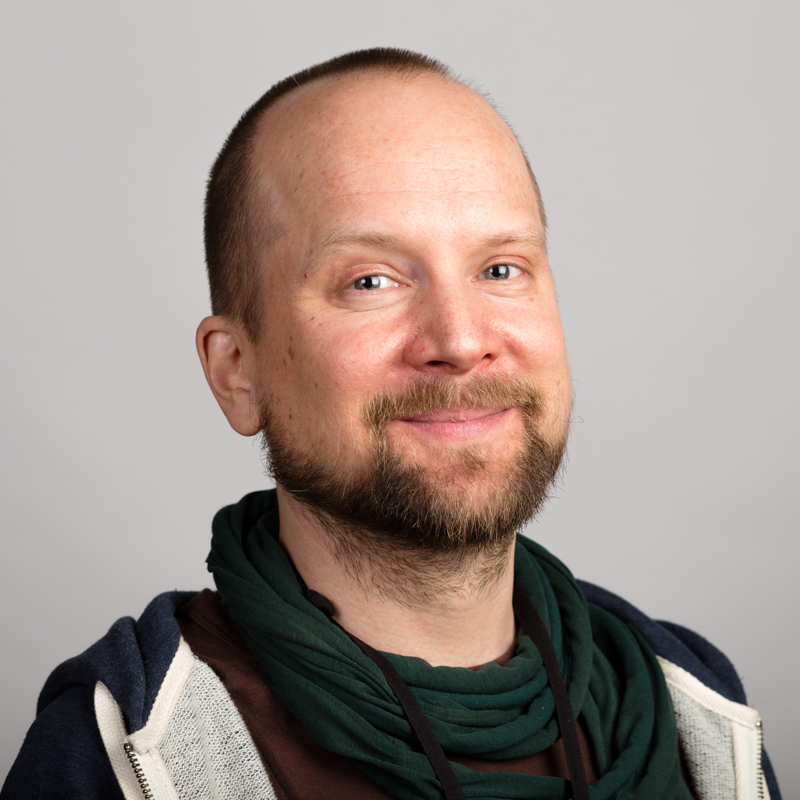
I'm currently planning a research project that will examine ethnographically the practices of using version control software in open-source software development projects.
What methodological (or theoretical) topics do you want to discuss during the workshop or what discussion questions would you propose we include?
How to use ethnographic methods to study human-computer interaction? How should software development tools be analysed from the perspective of semiotic/linguistic anthropology?
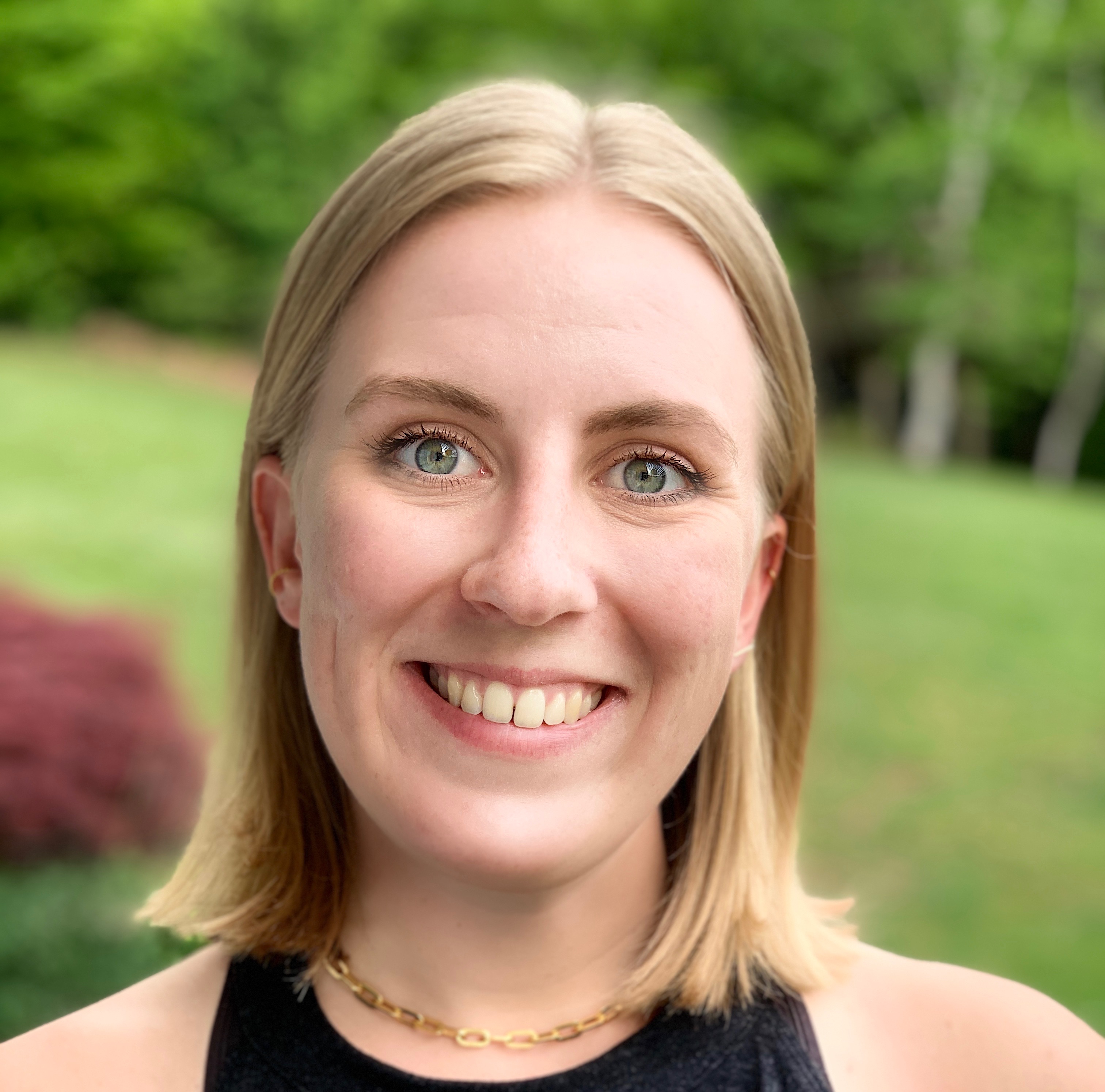
My research aims at gaining an insight on how data executives who strive to expand data collection practices in the sector of consumer behavior analysis reflect upon their line of work, the consequences of the developments they are promoting and whether they are facing some kind of ambivalence between what they do for work and how they themselves want their personal data treated.
Ambivalence is a central concept of my inquiry. Hence, my research entails questions around the ambivalence of data gathering in the professional field and ethical concerns around data surveillance as articulated within private spheres of family. What are the stakes of this ambivalence? And in a broader sense: How does the distance that data executives strive to achieve between professional requirement and ethical concerns affect the broader discourse around ethical data?
I am foregrounding the ethical aspect of data collection practices and therefore anchor my research questions to critical scholarship on Big Data, Data Ethics and Privacy. I also connect the narratives of ethical dilemmas with broader ethical questions around datafication and data analytics.
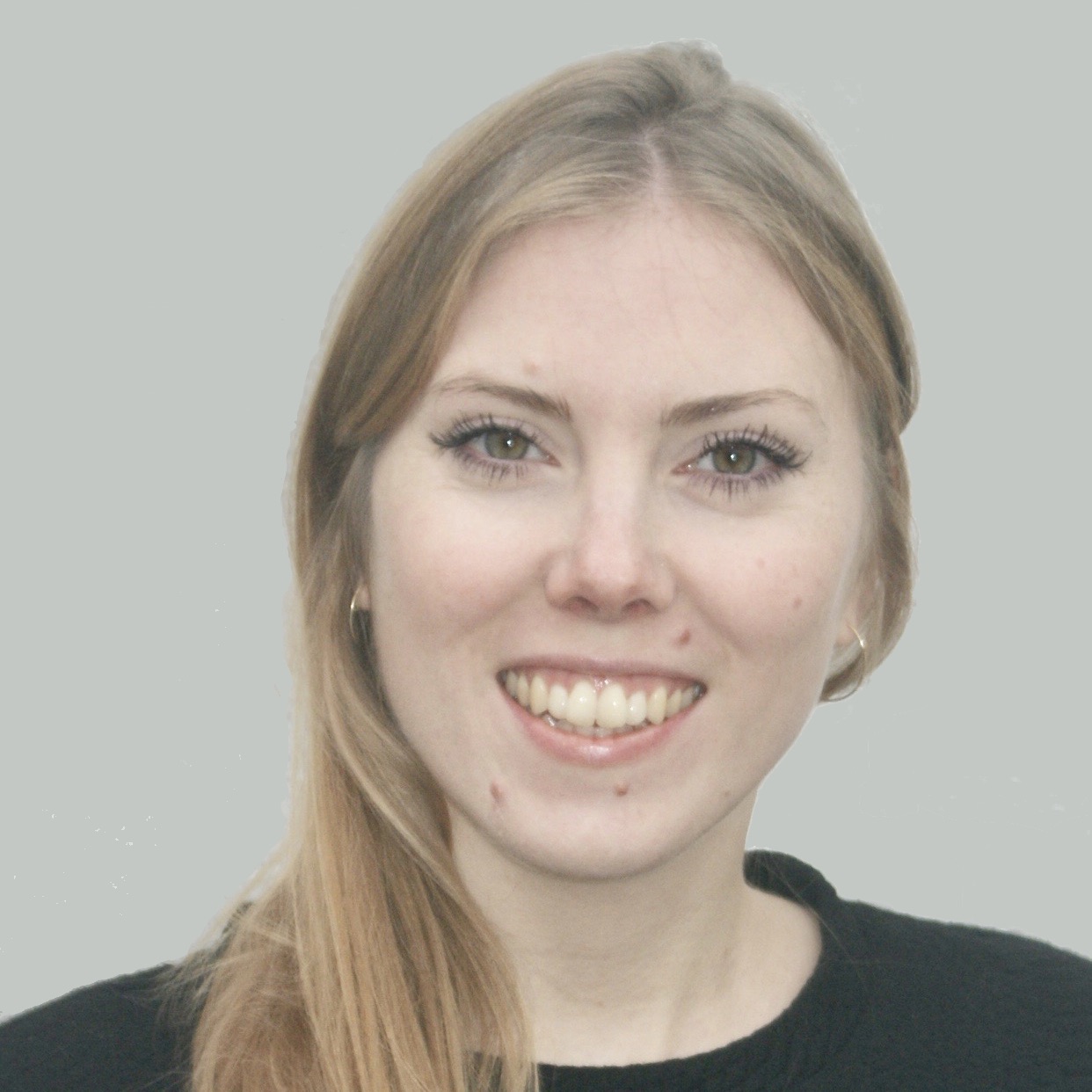
I’m a PhD candidate and research assistant at the Institute of European Ethnology and Cultural Analysis at the Ludwig-Maximilians-Universität in Munich, Germany. I studied Cultural Analysis and I’m currently pursuing my master’s degree in Computer Science.
In my doctoral research I’m interested in the distribution of roles within human computation-based citizen science projects and I investigate the various meanings these projects have for the different stakeholders. Furthermore, I study how these systems affect our understanding of daily spheres of life.
Human Computation introduces new forms of human-computer collaboration taking place at the algorithmic level and where different logics from the everyday spheres of science, work, and play meet and coexist.
Including the source code of these systems into the analysis is therefore crucial for me to understand how this interplay unfolds.
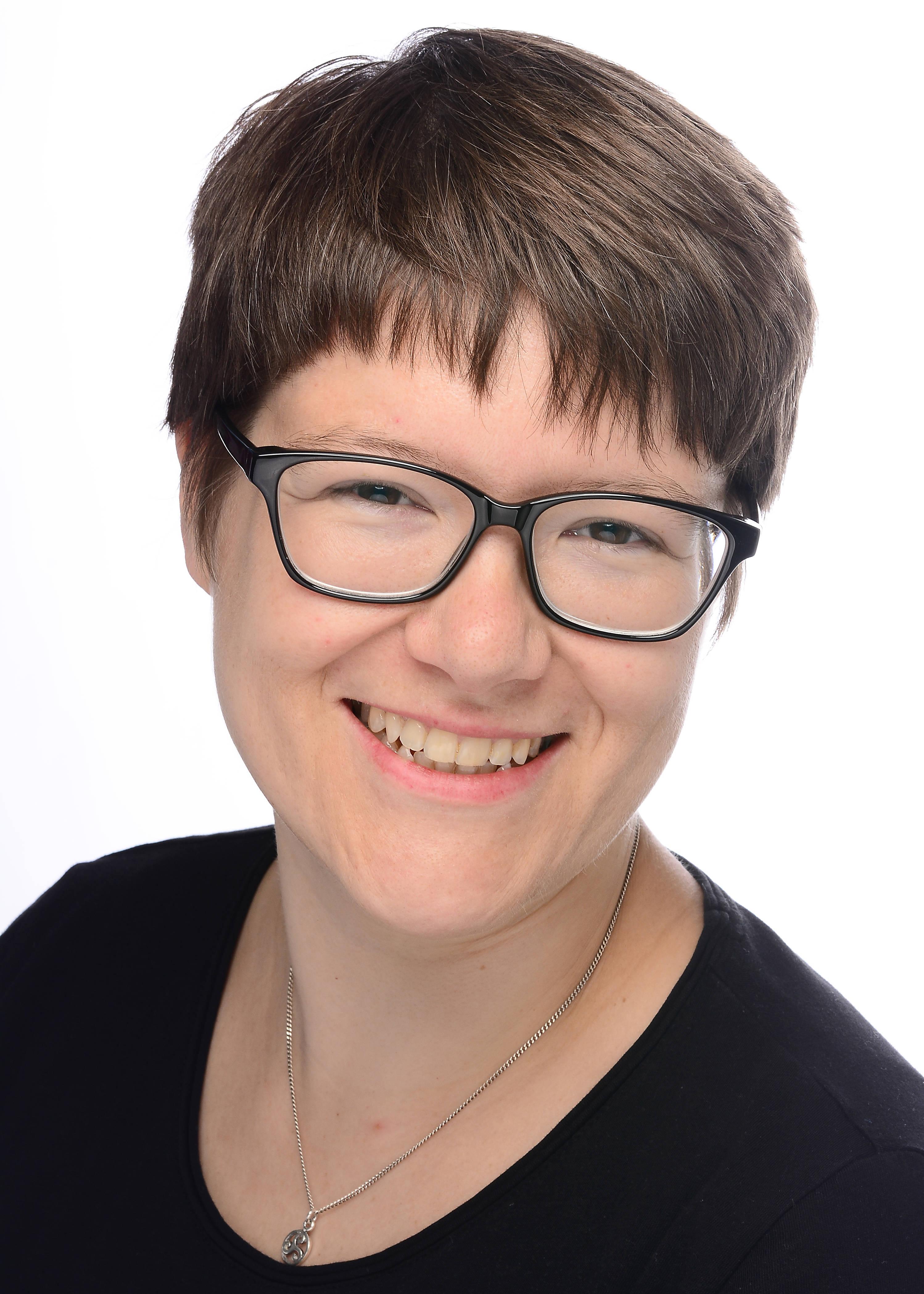
I am a cultural anthropologist interested in the changing nature of research design with digital extensions, especially in qualitative research. At the moment, I am a visiting professor for computational social science at LMU Munich, but I am a trained anthropologist and worked on potentials of automatization within discourse analysis as well as digital heritage in recent years.
In my research, I am investigating on concrete digital methods and their possible use in ethnography as well as the epistemological changes involved. I therefore am confronted with computer code which is deeply embedded within the practices as well as the narratives in the field of digital methods development in digital humanities and computational social sciences. Code has its own agency here, whether written by the researchers themselves or in scripts and software used – but how can we investigate this agency and the assemblages code is interwoven in methodologically?
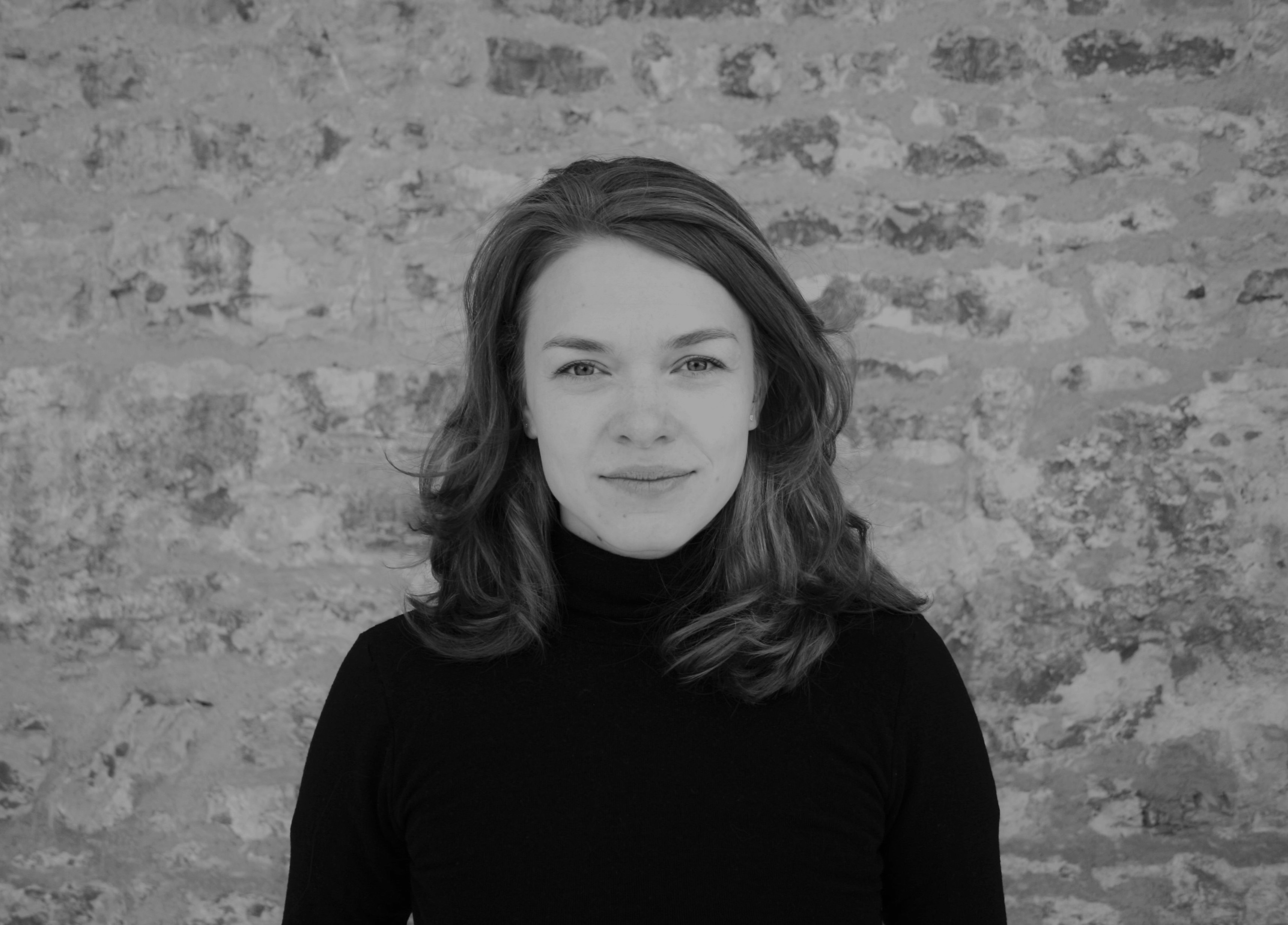
I am a philosopher as well as a computer scientist. In my CS studies, I have learned to look at code in its internal logic, e.g. calculate how often an if-condition is executed or determine which value a variable has in a specific line of code. I am rather new to looking at code ethnographically but very intrigued.
Thus far, my browser's developer mode has proven to be an interesting sort of proxy to critically examine the data practices of a platform or website, where I could inspect the cookies that were set or the exchanged HTTP requests. I also use network sniffers such as WireShark (of course, only in a local network ;)) in order to inspect which protocols were used.
In this workshop I would like to find out more about the basic topics, such as how to actually look at code ethnographically, what kind of knowledge can be derived from it or what, if anything, code can serve as a proxy for.
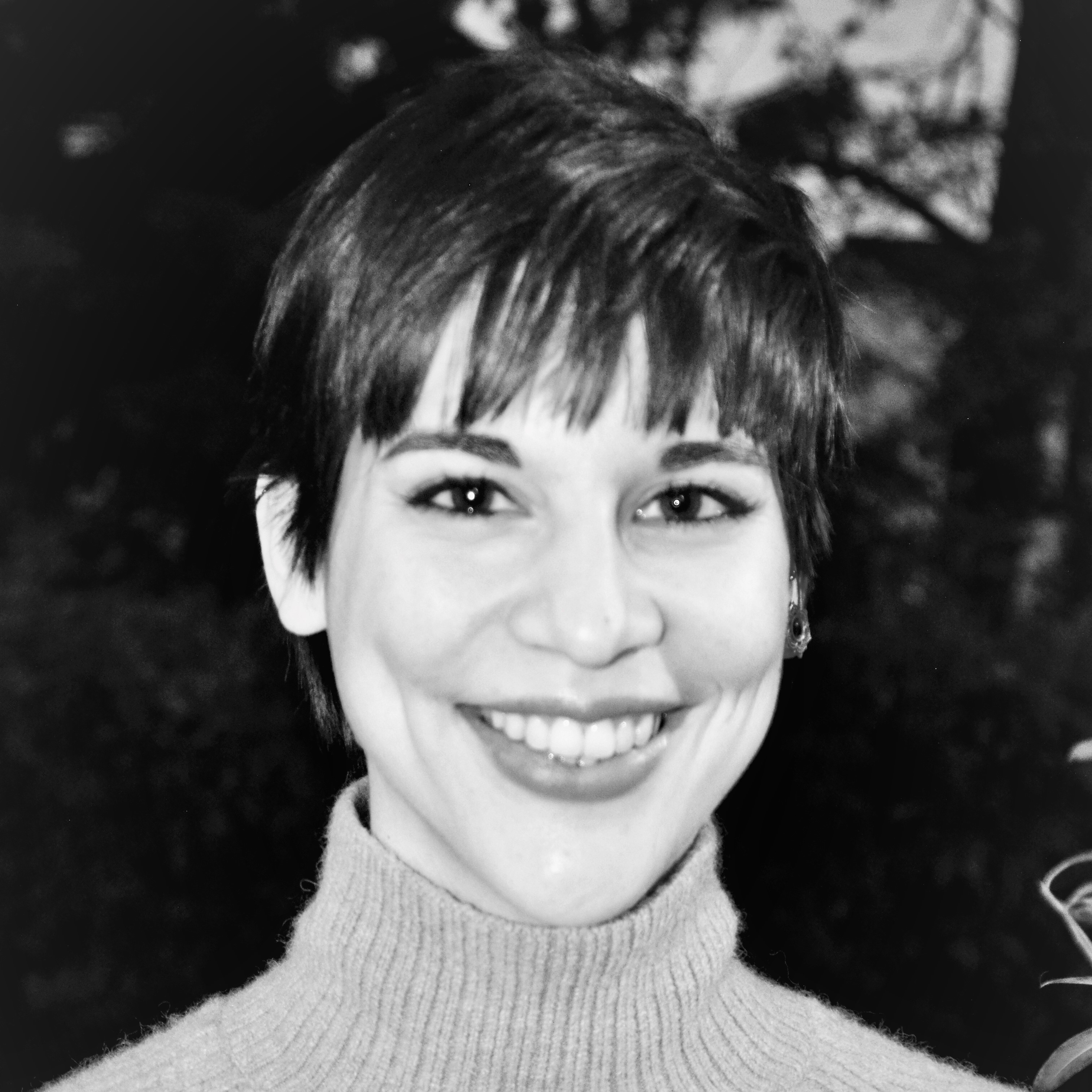
Miriam Fahimi, MA BSc is Marie Skłodowska-Curie Fellow with the ITN-ETN Marie Curie Training Network „NoBIAS – Artificial Intelligence without Bias“, funded by the EU through Horizon 2020 at the Digital Age Research Center (D!ARC), University of Klagenfurt. She is also a PhD candidate in Science and Technology Studies at the University of Klagenfurt, supervised by Katharina Kinder-Kurlanda. Her research interests include algorithmic fairness, philosophy of science, science and technology studies, and feminist theory.
(Miriam will replace Katharina Kinder-Kurlanda, who is not able to attend the workshop.)
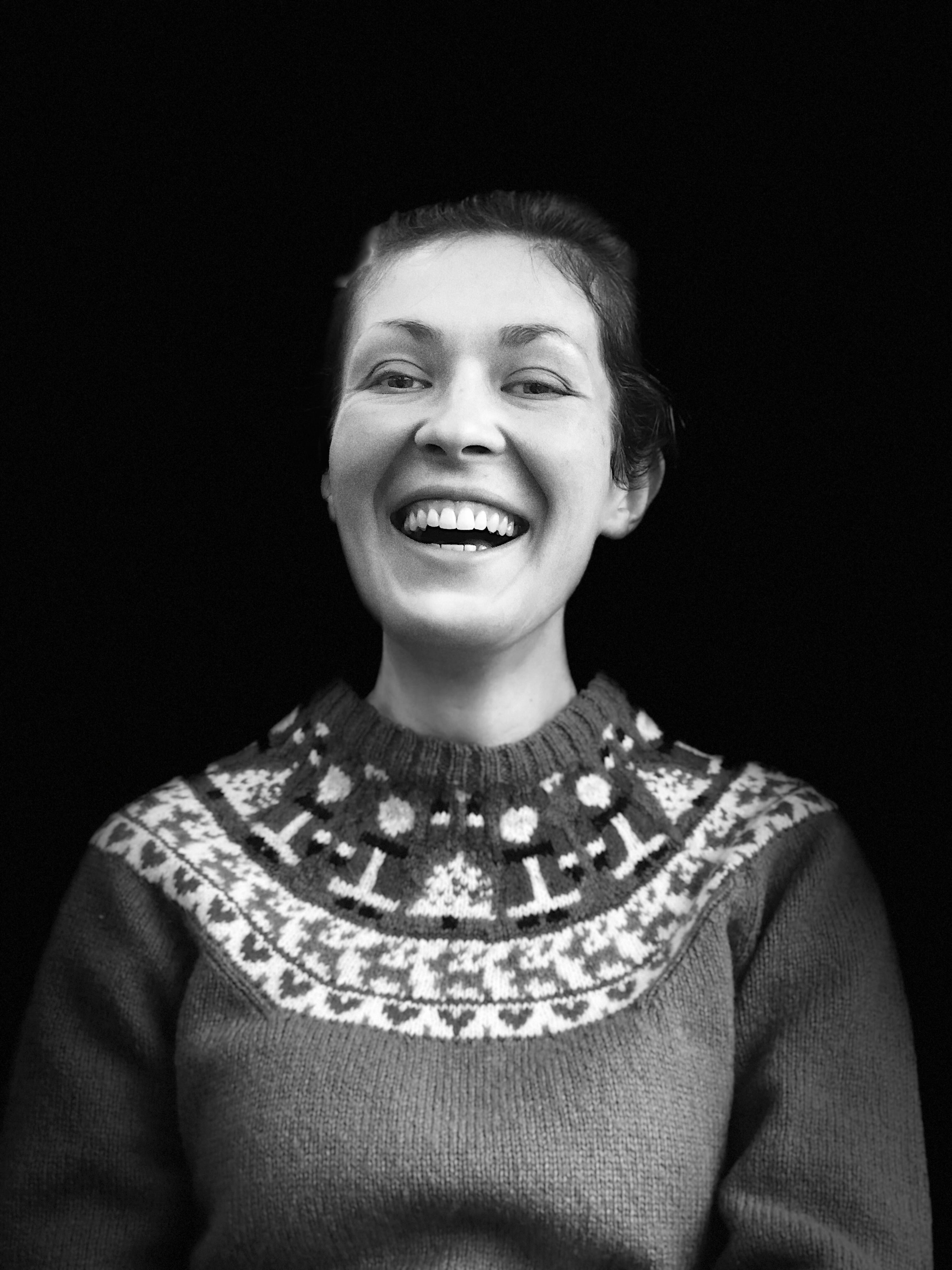
I am a PhD student in Sociology, particularly I am part of Science and Technology Studies research group, named PaSTIS (https://www.pastis-research.eu/). My research is focusing on the role of what I called "refugee apps" in the social inclusion of asylum seekers in Germany. By "refugee apps" I intend mobile applications aimed at refugees which were developed following the "refugee crisis" of 2015-2016. I am trying to look at the app from different points of view, namely, software developers, implementers (different municipalities), as well as end-users.
Methodological (or theoretical) topics I want to discuss during the workshop: During my fieldwork, I had an opportunity to follow closely the software developers of one of the apps. However, the major difficulty for me was to follow the code retrospectively - in a sense to understand the dynamics of the development. In this sense, I was asking myself if it is even possible to look at the code back from the start of the project.
Challenges I face in researching code ethnographically: I would like to know more about the retrospectivity of the code, in a way methods of the study of the code, and how it can be approached empirically. Also reflect on what this way of study could potentially bring to the understanding of the socio-technical assemblage, for example, mobile application use.
Examples from my research I would be interested in presenting and discussing during the workshop: As I have mentioned above, I rather have more questions to the discussion of the retrospective studying of code and its temporalities.
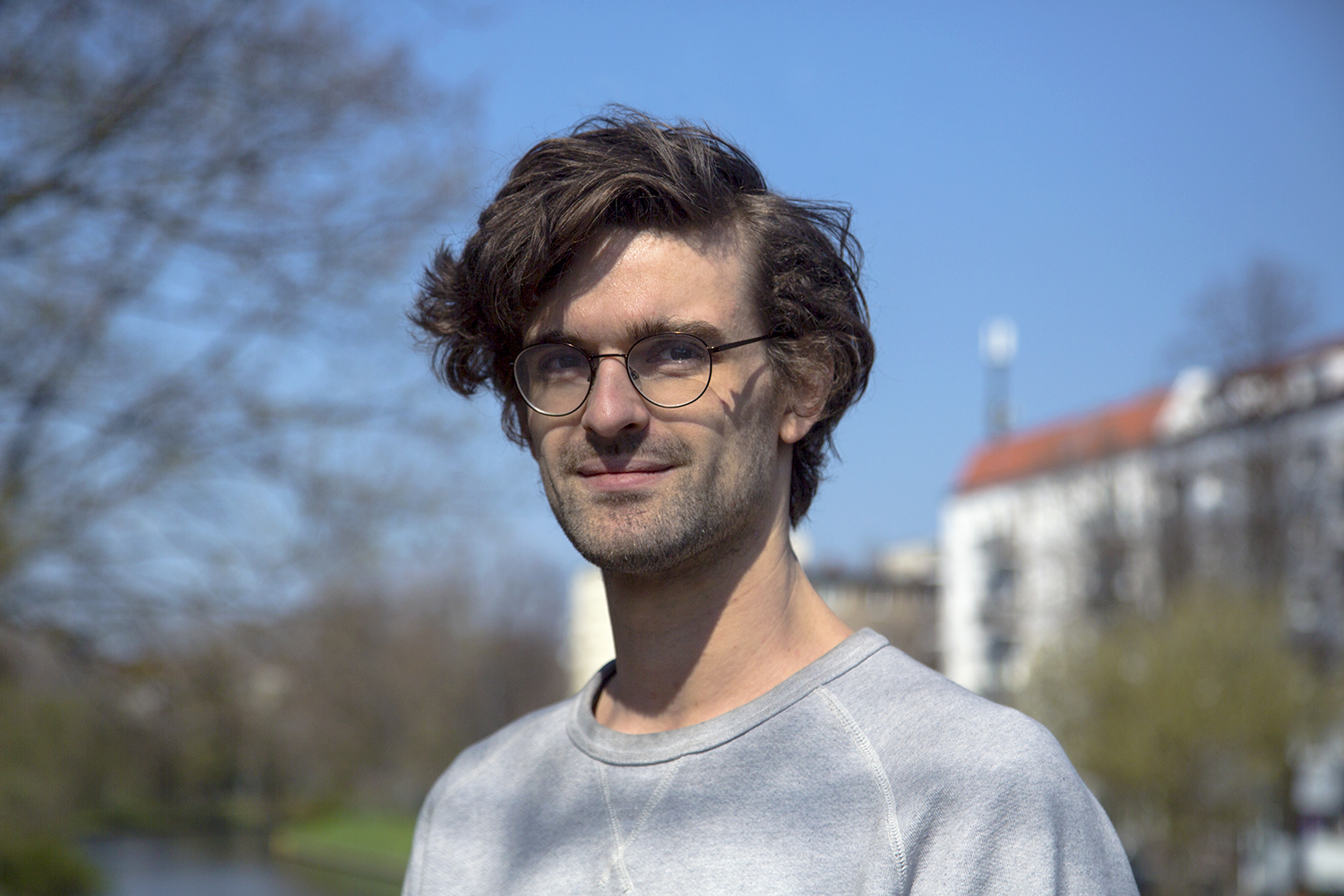
Comparative Media Studies / Comparative Literature / Aesthetics of Code
Challenges I face in researching code ethnographically: The lack of documentation of intent when presented with source files, and a difficulty in tracing all the different strands and voices of programmers as layer chronologically; given a particular source file. Who worked on what, to which extent, and inspired by whom?
Methodological (or theoretical) topics I want to discuss during the workshop: I would focus mostly on a literary and stylistic framework, as an indicator of epistemological styles of programming as relationships to knowledge.
Examples from my research I would be interested in presenting and discussing during the workshop: I have a gathered a corpus of idiosyncratic source code excerpts, from code poetry to demoscenes and one-liners which I would be happy to share as case studies of using literary and stylistic analyses to identify the stances of the authors.
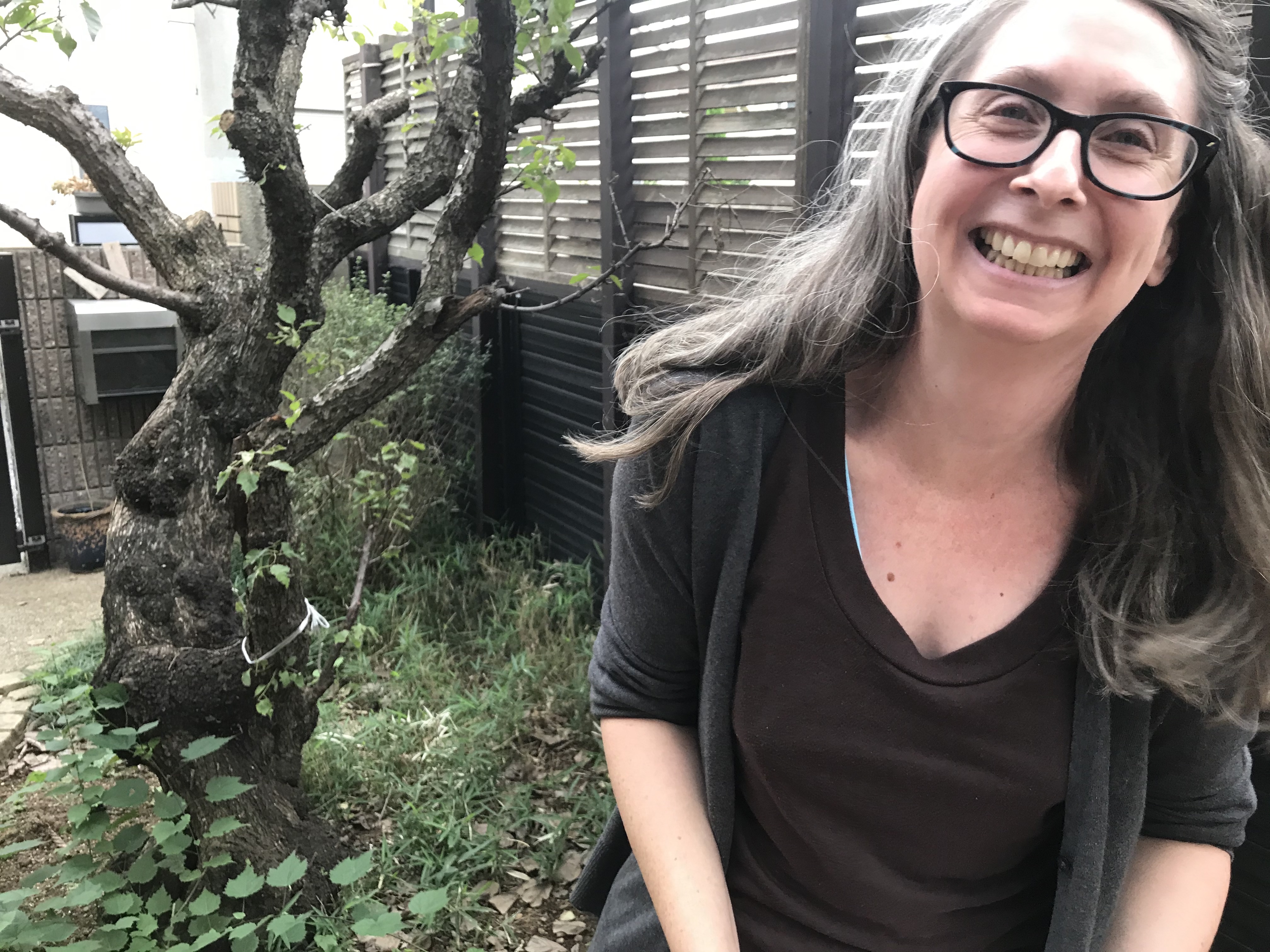
I am a media anthropologist studying bioscience and bioinformatics in Japan. I am specifically interested in the global circulation of bioscientific materials and people, including genetic data and the infrastructures and techniques used for computational methods. Previously, I studied videogame localization and also the migration of American fans of Japanese popular culture to Tokyo. I have a PhD in anthropology from the University of Pittsburgh and also studied visual anthropology at Temple University in Philadelphia. For seven years, I taught public and global health to Japanese medical students, but from April I became associate professor in the department of Information Sciences and Arts at Toyo University near Tokyo.
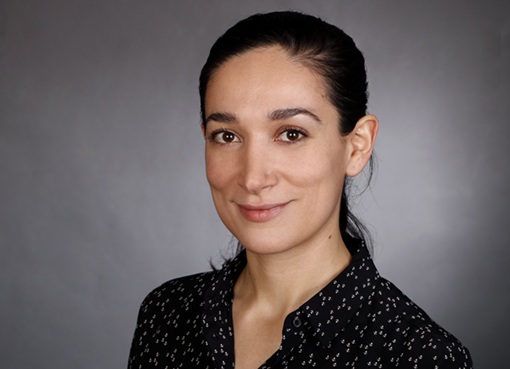
My current Ph.D. dissertation looks at embedded values and norms in software tools designed to enhance integrity, transparency and reproducibility of scientific articles and pre-prints. I want to understand how developers of such tools make decisions regarding their ground truths and defined the reliability thresholds when coding these tools. My hypothesis is that the norms that end up reproduced and embedded in the tools are a negotiation between the intended purpose of the developer and technical factors, which enable or limit the tool.
Challenges I face in researching code ethnographically: The challenge is how to observe this negotiation between what is intended for the tool to do and how it is through code translated to criteria and specific thresholds.
Methodological (or theoretical) topics I want to discuss during the workshop: I am interested in qualitative analysis of software tools. Mainly, how to observe classifications, criteria and thresholds in software tools, or how to analyze the ground truths of these software tools. Also I want to understand the creative work process of software developers.
Examples from my research I would be interested in presenting and discussing during the workshop: I would like to present some esxtracts from our case studies. We conducted expert interviews with software developers of three tools: Sciscore, Barzooka, ODDPud. And videotaped demonstration sessions in which the typical user scenarios of the tools are presented by the developers.
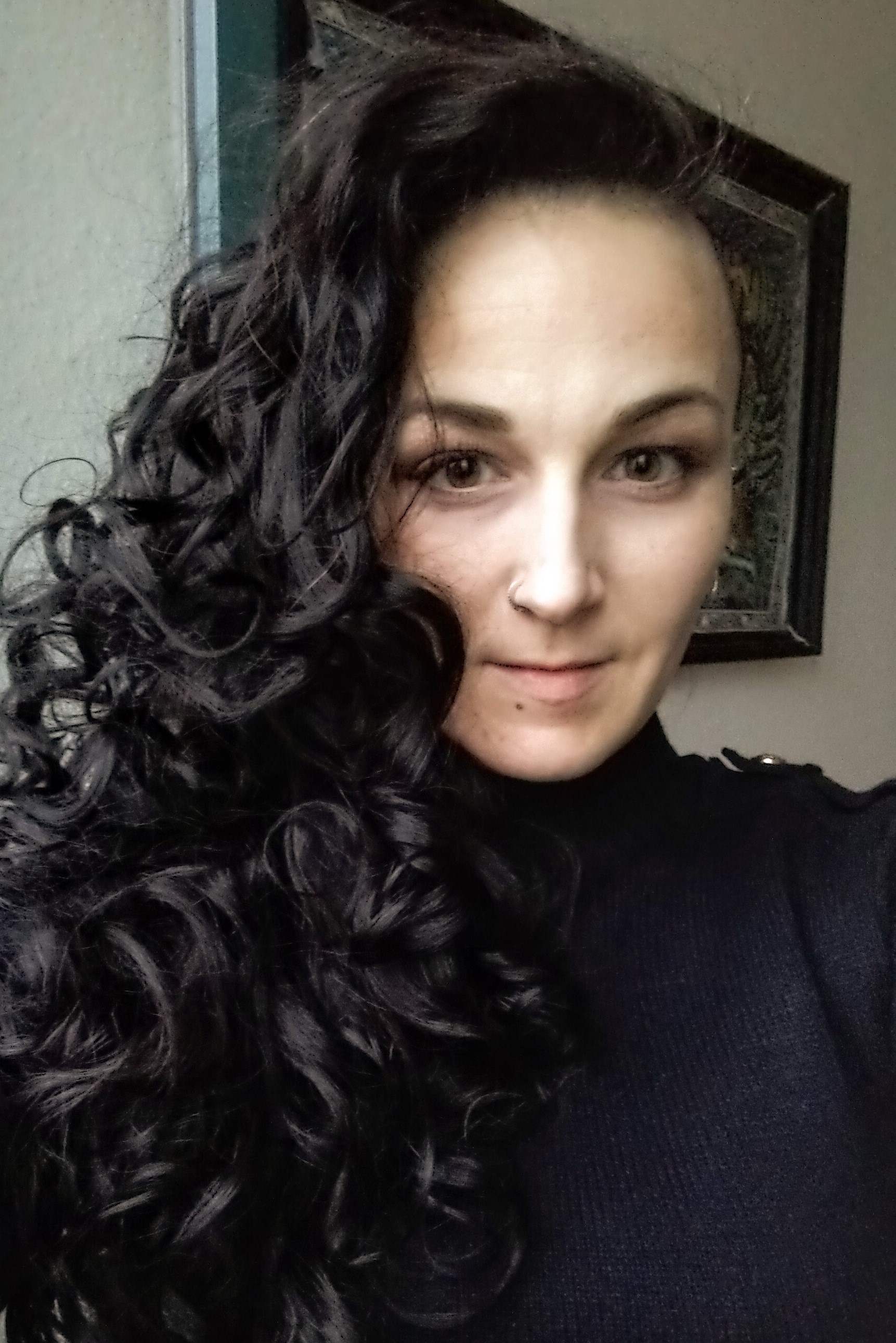
I am a cultural anthropologist with a focus in digital anthropology. In my PhD titled “Embodying Gaming” I explored embodiments and manifestations of digital games at computer and video game events and conventions in Europe. My background and interest in computer science and programming has shaped my approach to “the digital” and my research thereof. Looking at everyday practices in and through digital practices it is important to me to include architectures of technology and code. My interests focus on how “culture” is embedded in and through code in various ways, shaping our digital practices. Even if fields don’t force us to look at code, I consider it an important perspective to include in ethnographies of digital practices, to understand these interwoven assemblages. Challenges I see are: how we can include and access perspectives of code, in a world of fast technological transformations, increasing complexity (including machine learning) of code/software and growingly difficult access to code or knowledge about code (e.g. licenses or NDAs). I am also interested in ways of improving literacy and knowledge of code, beyond “reading” source code.
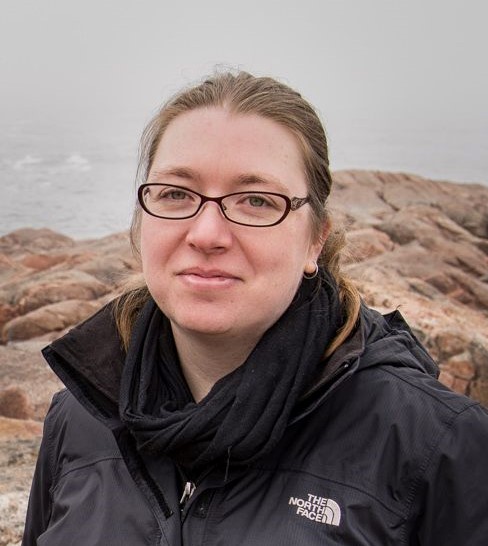
I’m an assistant professor in Anthropology and associated with the Centre for Social Data Science at the University of Copenhagen. My PhD looked at the norms and values produced through computer science education in Singapore. My current research interests focus on the aspirations for the future produced through tech entrepreneurship. In relation to code, specifically, I've written about how heteronormative binary gender norms are embedded in the ways that code and certain algorithms are taught and understood in undergraduate CS education and more broadly, as well as coding practices relating to ethics, aesthetics, and play.
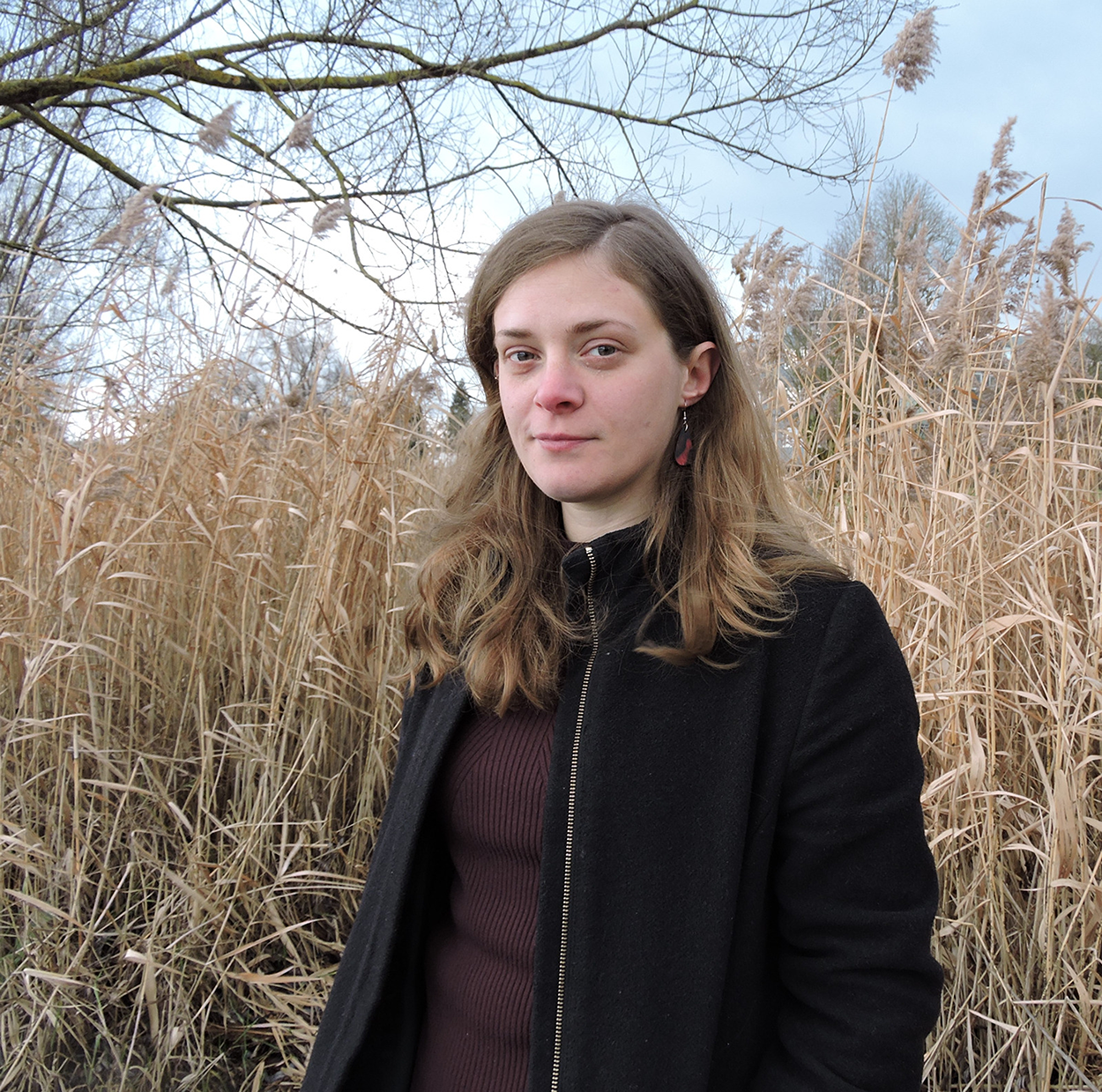
I studied cultural anthropology and linguistics in Regensburg and am currently doing my PhD in cultural anthropology. Currently, I am associated with the junior research group “Phsysical-digital-affordances” at the chair of media informatics at the University of Regensburg.
In my ongoing PhD research, I investigate processes of digital-material innovation and design. In that I find myself somewhere in between of doing ethnographic research on and at the same time together with a group of computer scientists who aim to develop a framework for interactive table surface technology via projected augmented reality (AR).
Code and coding are omnipresent in my field. Currently, for example, I am trying to wrap my head around the partaking of code in the enactment and dynamic (re)negotiation of subjectivities and objectivities in the context of projected AR technology. In doing so, I face a lot of practical and methodological challenges and open questions I am looking forward to discuss at the workshop.
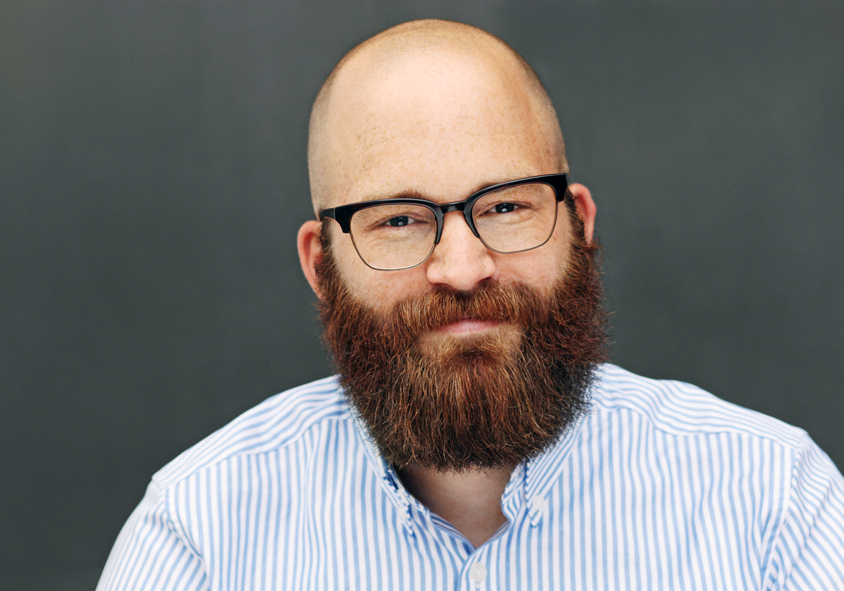
Ethnographic research of predictive analytics/policing.
Challenges I face in researching code ethnographically: the operators of crime prediction software do not engage with code in their day-to-day business; they themselves mostly do not have access to the code they are working with - however, the code behind the crime prediction algorithms is a key actor/actant in predictive policing practices, which we need to engage with in our analysis.
Methodological (or theoretical) topics I want to discuss during the workshop: How to study code when it is not relevant in the daily routine of the analysed subjects? And in general: How to get access to code after all and how to "observe" it?
Examples from my research I would be interested in presenting and discussing during the workshop: I could present my ethnographic research on the first generation of crime prediction software in Germany (especially referring to the software PRECOBS).

I conduct ethnographic research among a team of computer scientists who program humanoid robots. Through my research, I want to answer the question how code is developed in this context, and in particular on which human-technology relations the development processes are based.
In this workshop, I would like to discuss how to theoretically conceptualize code and how to include it in an ethnography, considering that readers might have different degrees of familiarity with reading and writing code.

Lina Franken. 25 June 2021, "Workshop Participants "Methodologies for Code in Ethnographic Research"", STS Infrastructures, Platform for Experimental Collaborative Ethnography, last modified 1 July 2021, accessed 4 April 2025. https://stsinfrastructures.org/content/workshop-participants-methodologies-code-ethnographic-research

